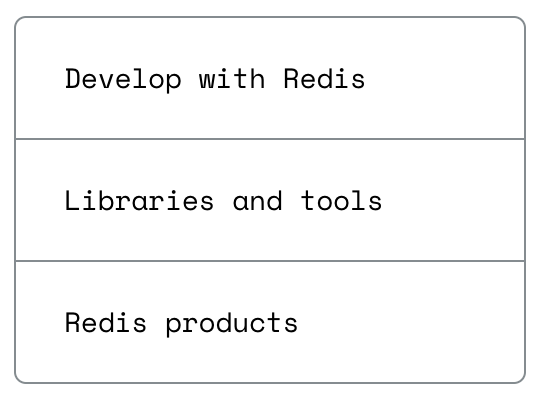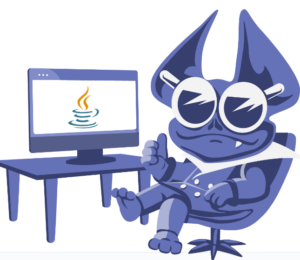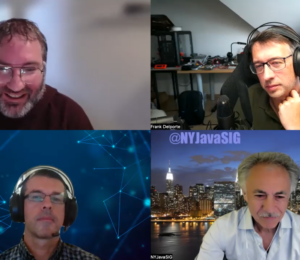Continuous Feedback Free Udemy Course: Additional Coupons Available
- July 18, 2024
- 5192 Unique Views
- < 1 min read
We've added extra coupons for our free Continuous Feedback Udemy course! We're glad to see it's been valuable for some of you.
Introduction to Continuous Feedback
What do you know about the code changes that were just introduced into the codebase?
When will you notice if something goes wrong?
Continuous Feedback focuses on analyzing observability data, namely logs, traces, and metrics. It emphasizes continuous aggregation and processing to detect anomalies, changes, and provide actionable insights for developers.
What will you learn in the course:
- How to collect important information about your code
- About tracing fundamentals and comparisons to debugging
- How to use observability data to improve your code
- About OSS and free tooling to help analyze application runtime.
The Plan:
We'll look past the novelty of using OSS observability tools and technologies to discuss how we can actually make them useful for developers. We'll explore the benefits of enabling OpenTelemetry collection for development and test data and examine OSS tools to help analyze application runtime.
Who is the course for:
- Java/Kotlin Software Developers (senior or junior) interested in improving their skills and creating new habits.
Other resources:
CI/CD/CF? — The DevOps toolchain’s “missing-link”
Effective Java Observability
Why is OpenTelemetry important for Java applications
We would love to hear your feedback on how it went or if you have any questions/suggestions. Join our community.
Redis just got a whole lot better!
We just announced a bunch of new tools and features that a simpler way to build fast, powerful AI apps.
More Info Here!
Don’t Forget to Share This Post!











Comments (0)
No comments yet. Be the first.